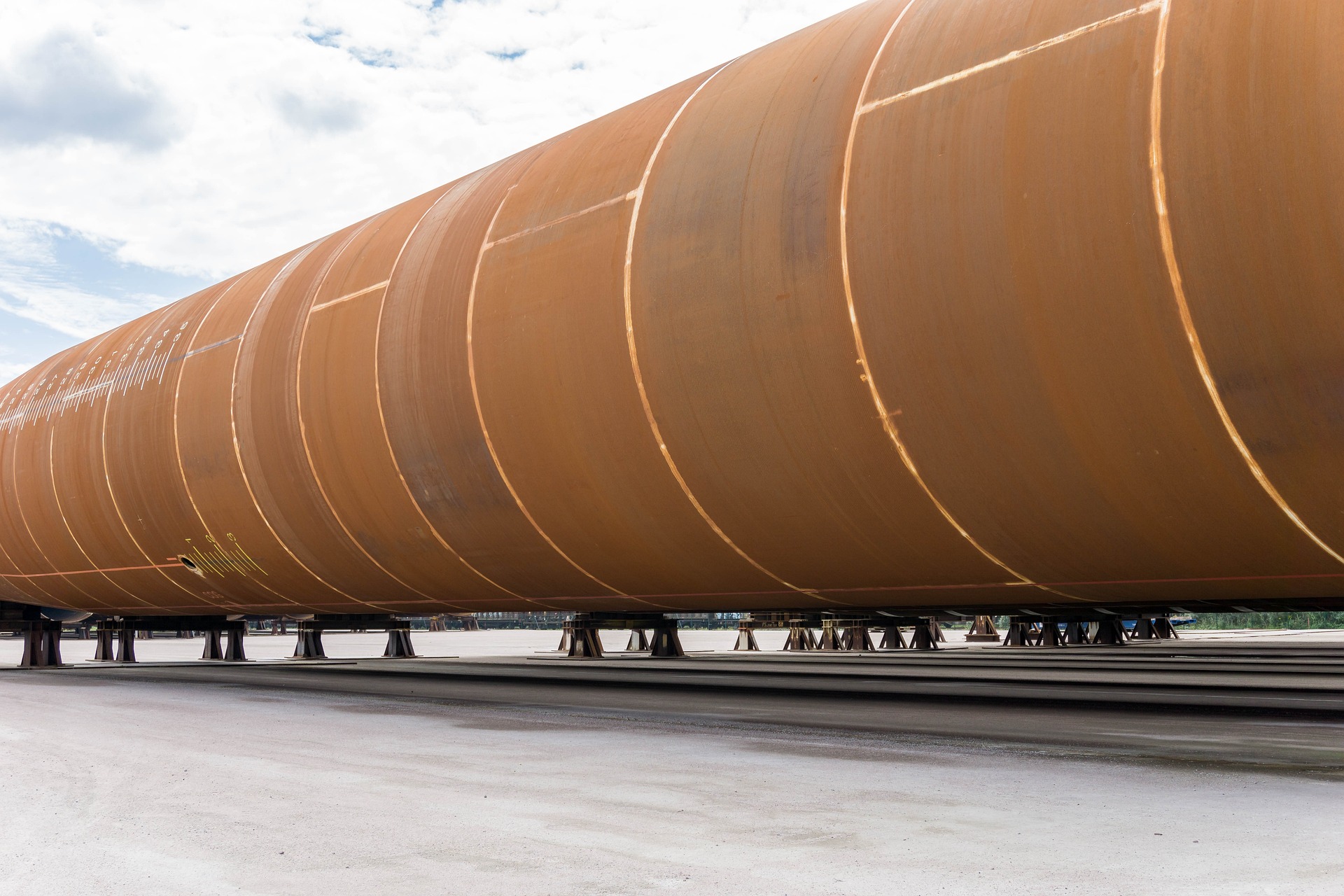Launch Your Aviation Career in London: UK's Premier Pilot and Maintenance Training Programs
The UK offers a solid foundation for aspiring aviation professionals, from commercial pilots to A&P mechanics. Explore specialized programs that combine rigorous theory with practical experience on modern simulators and aircraft, leading to valuable certifications.

Understanding Private Pilot Training Costs and Requirements
Private pilot training in the UK typically requires 45 hours of flight time, including both dual instruction and solo flights. The cost structure includes aircraft rental, instructor fees, ground school materials, and examination fees. Most training organizations offer structured programs that combine theoretical knowledge with practical flying experience. Students must pass both written examinations and practical flight tests to obtain their Private Pilot License (PPL).
Training locations across London and surrounding areas provide access to controlled airspace, giving students valuable experience in busy aviation environments. The process typically takes 6-12 months for part-time students, depending on weather conditions and individual progress.
Commercial Aviation Training Pathways and Investment
Commercial pilot training represents a significant financial commitment but opens doors to airline careers. The Airline Transport Pilot License (ATPL) requires 1,500 hours of flight time, extensive theoretical knowledge, and multiple rating endorsements. UK training providers offer integrated and modular programs to accommodate different learning styles and financial situations.
Many commercial programs include multi-engine aircraft training, instrument rating qualifications, and airline-specific preparation courses. Partnership agreements between training schools and major airlines often provide direct pathways to employment upon successful completion.
Aircraft Maintenance Certification Requirements
Aircraft maintenance professionals require Part-66 licenses issued by the UK Civil Aviation Authority. These certifications cover different aircraft categories and maintenance privileges. Training programs combine classroom instruction with hands-on workshop experience using real aircraft components and systems.
Category A licenses authorize line maintenance tasks, while Category B permits more extensive maintenance work. Category C licenses enable complex maintenance planning and certification. Each category requires specific training hours, practical experience, and examination success.
Flight Hours and Simulation Training Benefits
Accumulating flight hours remains crucial for aviation career advancement. Modern training programs incorporate advanced flight simulators to provide cost-effective experience in various weather conditions and emergency scenarios. Simulator time often counts toward total flight hour requirements while offering safer training environments.
Flight training devices range from basic instrument trainers to full-motion simulators replicating specific aircraft types. These tools allow students to practice complex procedures repeatedly without the costs and risks associated with actual flight time.
Professional Development and Continuous Learning
Aviation careers demand ongoing education and skill development. Regulatory changes, new aircraft technologies, and evolving safety procedures require continuous learning throughout professional careers. Many training providers offer recurrent training programs, type rating courses, and specialized endorsements.
Professional pilots must complete regular proficiency checks, medical examinations, and continuing education requirements. Maintenance professionals similarly need periodic license renewals and specialized training for new aircraft types or maintenance procedures.
| Training Type | Provider | Cost Estimation |
|---|---|---|
| Private Pilot License | Oxford Aviation Academy | £12,000-£15,000 |
| Commercial Pilot Training | CAE Oxford | £80,000-£120,000 |
| Aircraft Maintenance Part-66 | South Thames College | £8,000-£12,000 |
| Instrument Rating | Bristol Groundschool | £15,000-£20,000 |
| Multi-Engine Rating | Cabair College | £8,000-£12,000 |
Prices, rates, or cost estimates mentioned in this article are based on the latest available information but may change over time. Independent research is advised before making financial decisions.
Training Facilities and Educational Infrastructure
The UK aviation sector continues expanding despite periodic challenges, with particular growth in cargo operations, regional airlines, and maintenance services. London’s position as a global aviation hub creates numerous opportunities for qualified professionals. Training progression typically follows established pathways from initial education through various certification levels.
Educational investment varies significantly based on program type, aircraft category, and training provider. Entry-level programs provide foundational knowledge while building toward more advanced certifications with specialized aviation companies. The investment in quality training programs often provides enhanced educational outcomes and skill development throughout aviation education journeys.




